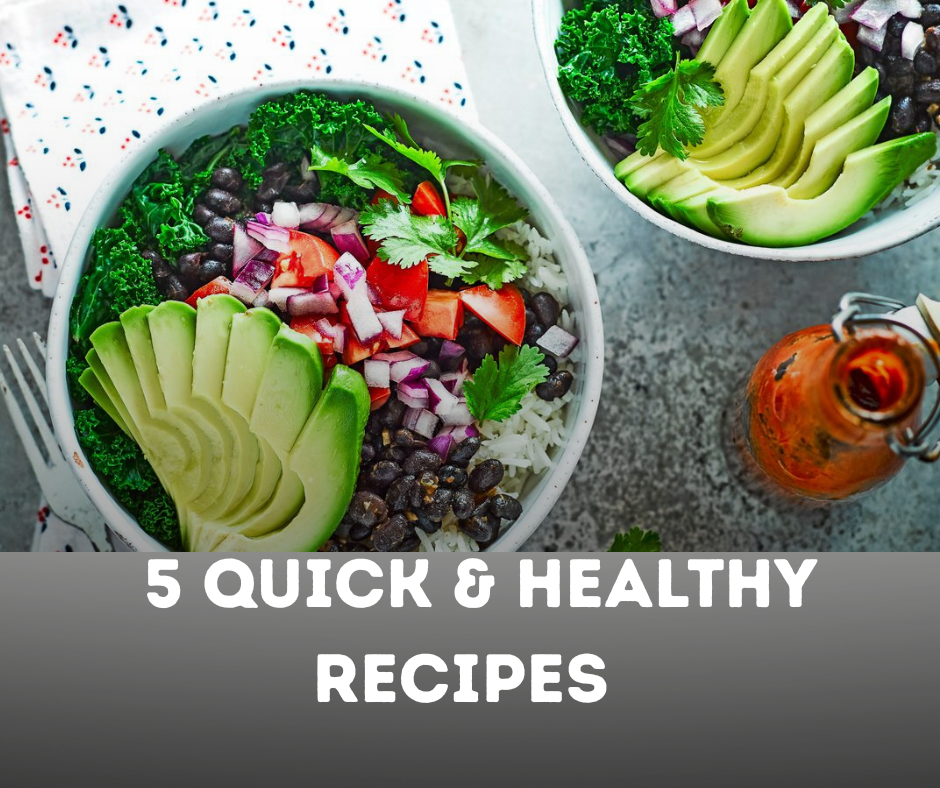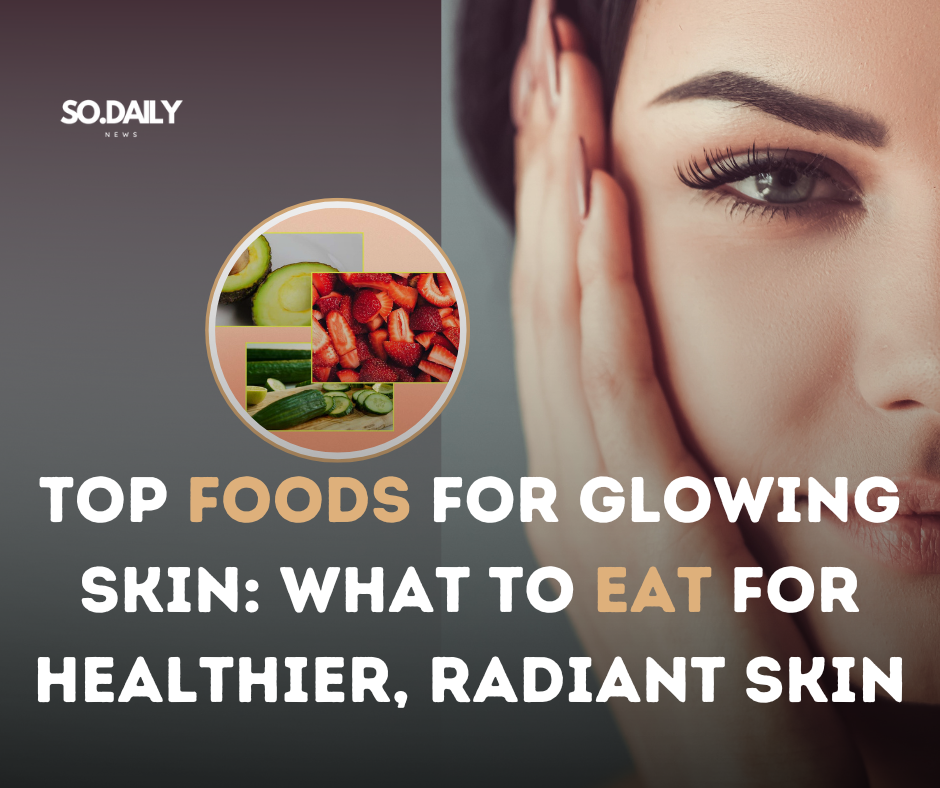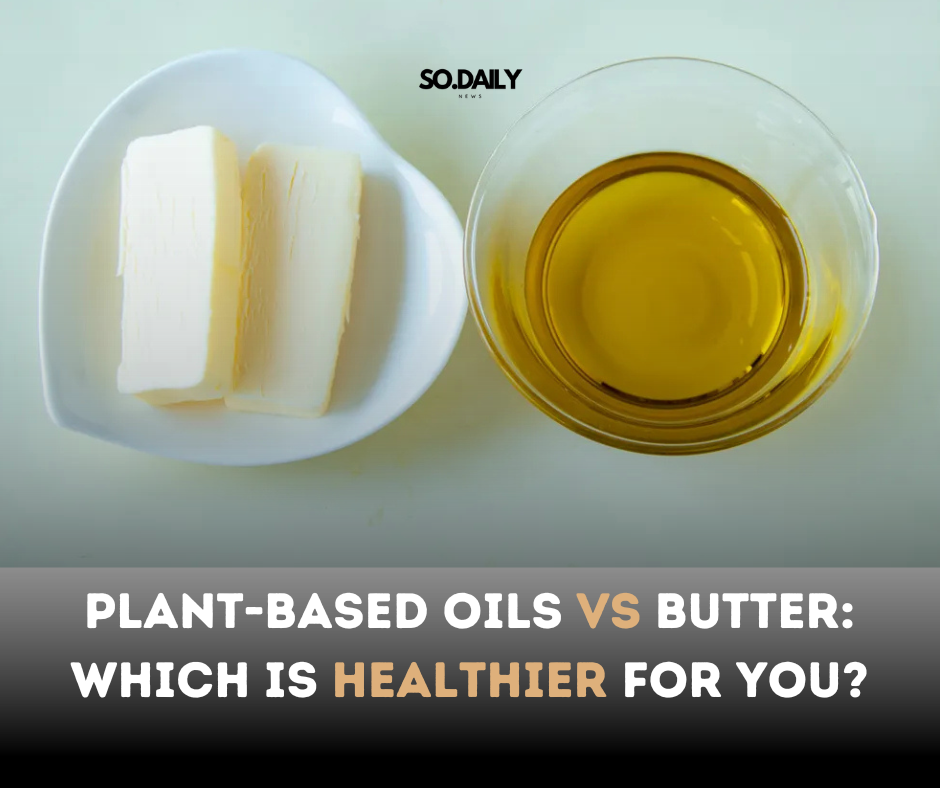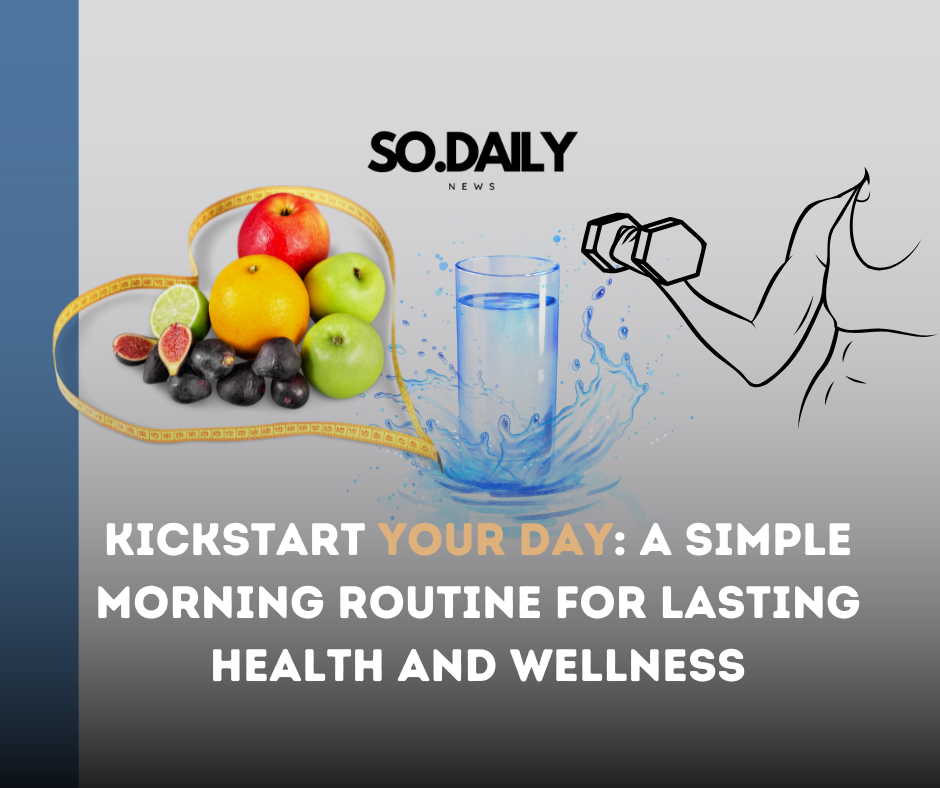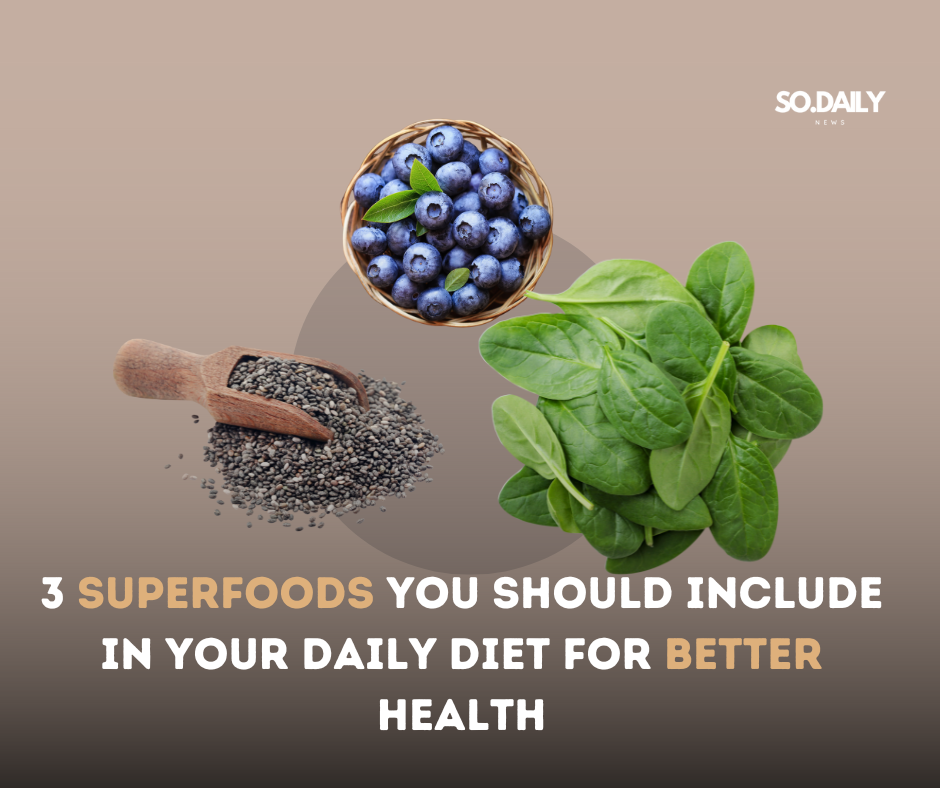Eating healthy doesn’t mean sacrificing flavor or creativity. One of the simplest and most refreshing ways to incorporate more fruits and vegetables into your diet is by preparing healthy salads. They are versatile, easy to make, and can be tailored to suit any season. Whether you’re looking for a light lunch, a nutritious side dish, or a filling meal, salads are an excellent choice for a balanced diet.
In this post, we’ll explore healthy salad recipes for every season, offering ideas for fresh ingredients that are not only delicious but also packed with essential nutrients to keep you feeling energized and satisfied.
Why Choose Healthy Salads?
Salads are an ideal way to pack a variety of nutrient-dense ingredients into a single meal. They are naturally low in calories, high in fiber, and rich in vitamins and minerals. Here are just a few reasons why you should make salads a regular part of your diet:
- Rich in Nutrients: Fresh vegetables, leafy greens, and fruits are full of essential vitamins, minerals, antioxidants, and fiber that support heart health, digestive function, and immune strength.
- Hydrating: Many salad ingredients, such as cucumbers, tomatoes, and leafy greens, have a high water content, helping to keep you hydrated throughout the day.
- Customizable: You can easily adjust a salad to your taste preferences or dietary needs by adding or removing ingredients.
- Quick and Easy: Salads are a convenient and fast way to prepare a healthy meal without much cooking.
Healthy Salad Recipes for Every Season
Salads are not just for the summer months. By incorporating seasonal ingredients, you can enjoy fresh salads year-round, each bringing its unique flavors and health benefits.
Spring: Light and Refreshing
In the spring, the weather starts warming up, and fresh, tender greens and colorful vegetables are in season. This is the perfect time to enjoy crisp salads that incorporate seasonal produce like asparagus, peas, radishes, and arugula.
Spring Garden Salad with Lemon-Honey Dressing
Ingredients:
- 4 cups mixed greens (arugula, spinach, and baby kale)
- 1 cup cherry tomatoes, halved
- 1 cup radishes, thinly sliced
- 1/2 cup snap peas or sugar snap peas, chopped
- 1/4 cup red onion, thinly sliced
- 1/4 cup feta cheese (optional)
- 1/4 cup fresh herbs (parsley, basil, or mint)
For the dressing:
- 3 tablespoons olive oil
- 1 tablespoon lemon juice
- 1 teaspoon honey
- Salt and pepper to taste
Directions:
- In a large salad bowl, combine the mixed greens, cherry tomatoes, radishes, snap peas, and red onion.
- In a small bowl, whisk together the olive oil, lemon juice, honey, salt, and pepper until well combined.
- Drizzle the dressing over the salad and toss to coat evenly.
- Sprinkle the feta cheese and fresh herbs on top before serving.
This vibrant salad is light and refreshing, making it the perfect accompaniment to any spring meal.
Summer: Fresh and Flavorful
Summer is a time when we crave fresh, cool salads with vibrant fruits and vegetables. The abundance of tomatoes, cucumbers, berries, and peaches makes it the perfect time for sweet and tangy salads that can be enjoyed outdoors.
Summer Berry Salad with Balsamic Vinaigrette
Ingredients:
- 4 cups mixed greens (spinach, arugula, and lettuce)
- 1/2 cup strawberries, sliced
- 1/2 cup blueberries
- 1/2 cup raspberries
- 1/4 cup sliced almonds, toasted
- 1/4 cup goat cheese (optional)
For the dressing:
- 3 tablespoons balsamic vinegar
- 1 tablespoon honey
- 1/4 cup olive oil
- Salt and pepper to taste
Directions:
- In a large bowl, toss the mixed greens with the strawberries, blueberries, raspberries, and toasted almonds.
- In a small bowl, whisk together the balsamic vinegar, honey, olive oil, salt, and pepper.
- Drizzle the dressing over the salad and toss gently to coat.
- Sprinkle goat cheese on top, if desired.
This fruity salad combines the sweetness of summer berries with the tangy flavor of balsamic vinegar, making it a perfect dish for warm-weather dining.
Fall: Heartwarming and Hearty
As the air turns crisp and autumn produce comes into season, you can enjoy more filling salads made with squash, apples, beets, and nuts. Fall salads often feature warm ingredients that are satisfying and perfect for the cooler months.
Roasted Butternut Squash and Kale Salad
Ingredients:
- 1 small butternut squash, peeled and cubed
- 4 cups kale, washed and chopped
- 1/4 cup walnuts, toasted
- 1/4 cup dried cranberries
- 1/4 cup crumbled blue cheese (optional)
For the dressing:
- 2 tablespoons apple cider vinegar
- 1 tablespoon maple syrup
- 1/4 cup olive oil
- Salt and pepper to taste
Directions:
- Preheat the oven to 400°F (200°C). Toss the butternut squash cubes with olive oil, salt, and pepper. Roast on a baking sheet for 25-30 minutes until tender and slightly caramelized.
- While the squash is roasting, massage the kale with a little olive oil and salt until softened.
- In a large bowl, combine the roasted squash, kale, walnuts, dried cranberries, and blue cheese.
- In a small bowl, whisk together the apple cider vinegar, maple syrup, olive oil, salt, and pepper.
- Drizzle the dressing over the salad and toss to combine.
This hearty salad is perfect for fall, with roasted squash adding warmth and richness while the cranberries and walnuts provide sweetness and crunch.
Winter: Cozy and Comforting
During the winter months, salads can still be nourishing and satisfying by using seasonal vegetables like beets, citrus fruits, and Brussels sprouts. Adding roasted root vegetables or warm grains to your salad can provide a comforting touch.
Warm Brussels Sprout and Quinoa Salad
Ingredients:
- 2 cups Brussels sprouts, trimmed and halved
- 1 cup cooked quinoa
- 1/4 cup pumpkin seeds, toasted
- 1/2 cup pomegranate seeds
- 1/4 cup goat cheese (optional)
For the dressing:
- 2 tablespoons olive oil
- 1 tablespoon Dijon mustard
- 1 tablespoon red wine vinegar
- 1 teaspoon honey
- Salt and pepper to taste
Directions:
- Preheat the oven to 400°F (200°C). Toss the Brussels sprouts with olive oil, salt, and pepper, and roast on a baking sheet for 20-25 minutes until crispy and caramelized.
- In a large bowl, combine the cooked quinoa, roasted Brussels sprouts, pumpkin seeds, and pomegranate seeds.
- In a small bowl, whisk together the olive oil, mustard, vinegar, honey, salt, and pepper.
- Drizzle the dressing over the salad and toss gently. Sprinkle goat cheese on top if desired.
This warm salad combines the rich flavors of roasted Brussels sprouts and quinoa, making it a comforting winter dish.
Conclusion
Salads are an excellent way to stay healthy while enjoying a variety of flavors and textures throughout the year. By using seasonal ingredients, you can create fresh, delicious salads that are packed with essential nutrients, fiber, and antioxidants to support your overall health. Whether it’s a light, refreshing summer salad or a hearty, comforting winter dish, there’s a healthy salad recipe for every season.
Remember, the key to making a great salad is not only choosing fresh, seasonal ingredients but also getting creative with your dressings and toppings. So, why not start today? Try one of these seasonal salad recipes and enjoy a vibrant, nutritious meal that supports your health and wellness.


